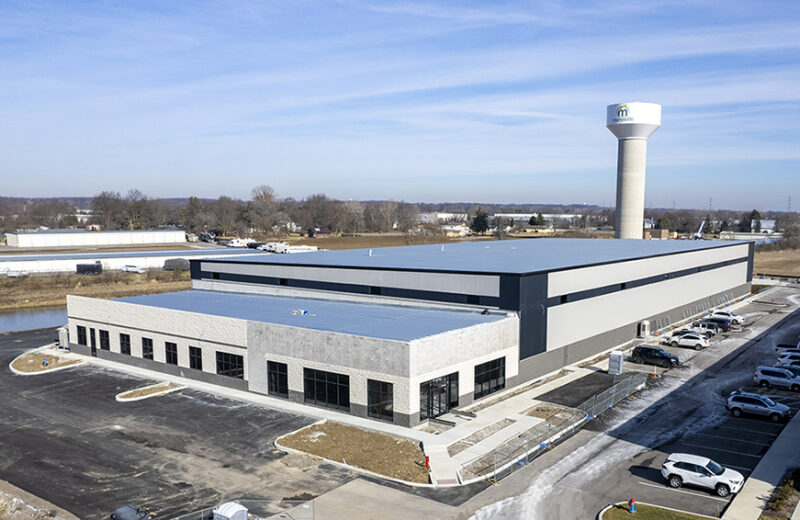Velocys launches low-cost microFTL platform for SAF

An aerial view of Velocys Ohio Facility.
Synthetic fuels technology company Velocys announced the launch of its modular Fischer-Tropsch (FT) technology package that simplifies plant design and reduces the cost of producing sustainable aviation fuel (SAF), renewable diesel, and eFuels.
The license package derisks projects with its technology readiness level and better SAF production yields.
“Legacy FT technology drives up cost and complexity at a time when projects need to move faster and prove bankability,” said Matthew Viergutz, CEO at Velocys. “microFTL is different. It’s efficient, modular, and already proven with a variety of feedstocks. We’re giving developers and integrators the tool they need to bring low-carbon fuels to market – at a cost that increases project value.”
The company said that the microFTL platform combines microchannel FT reactors – high activity catalysts – with FT Process expertise to deliver scalable, cost-efficient, and ready to deploy SAF projects.
The company claims that its platform increases yield and lowers both capital and operational expenditures.
Fischer-Tropsch turns syngas from waste, biomass, or captured CO2 and hydrogen into liquid hydrocarbons.
Velocys’ microFTL is already deployed at two demonstration projects including: a landfill-gas-to-diesel plant in Oklahoma and biomass-to-SAF facility in Japan, whose fuel powered a Japan Airlines commercial flight.
Earlier this month, Syzygy Plasmonics also announced that it has selected Velocys for its microFTL technology to produce sustainable aviation fuel (SAF) at its announced commercial project in Uruguay.
The Uruguay site, named NovaSAF 1, will convert dairy waste and biogas into drop-in jet fuel with a nameplate capacity of 500,000 gallons annually.

